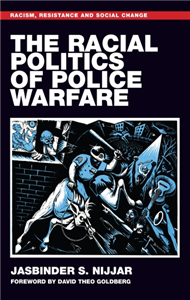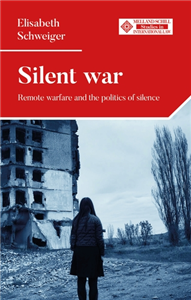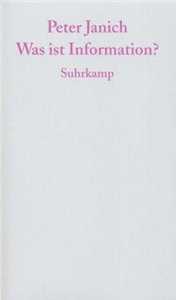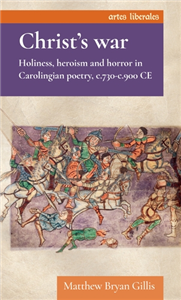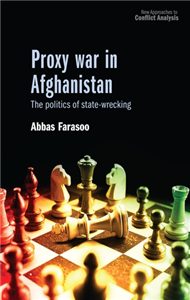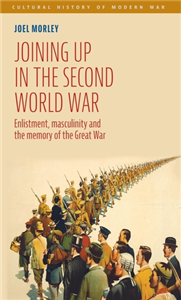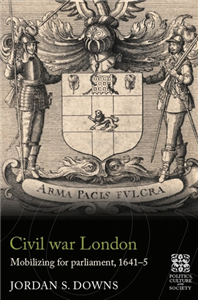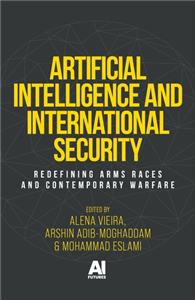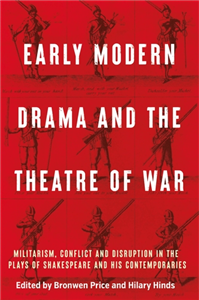Literárne informacné centrum
The Literary Information Center (LIC) is the window through which Slovak literature is presented to the world. Our primary goal is to facilitate live contact between Slovak and foreign publishers, authors, illustrators and cultural-events organizers and to support mutual collaboration and cultural exchange. LIC acts as an agent for the majority of Slovak authors and houses SLOLIA, the popular grant program for translators and publishers of Slovak literature. LIC also organizes national stands at foreign bookfairs sucha s Bologna, London, Paris, Prague and Budapest.
View Rights Portal



